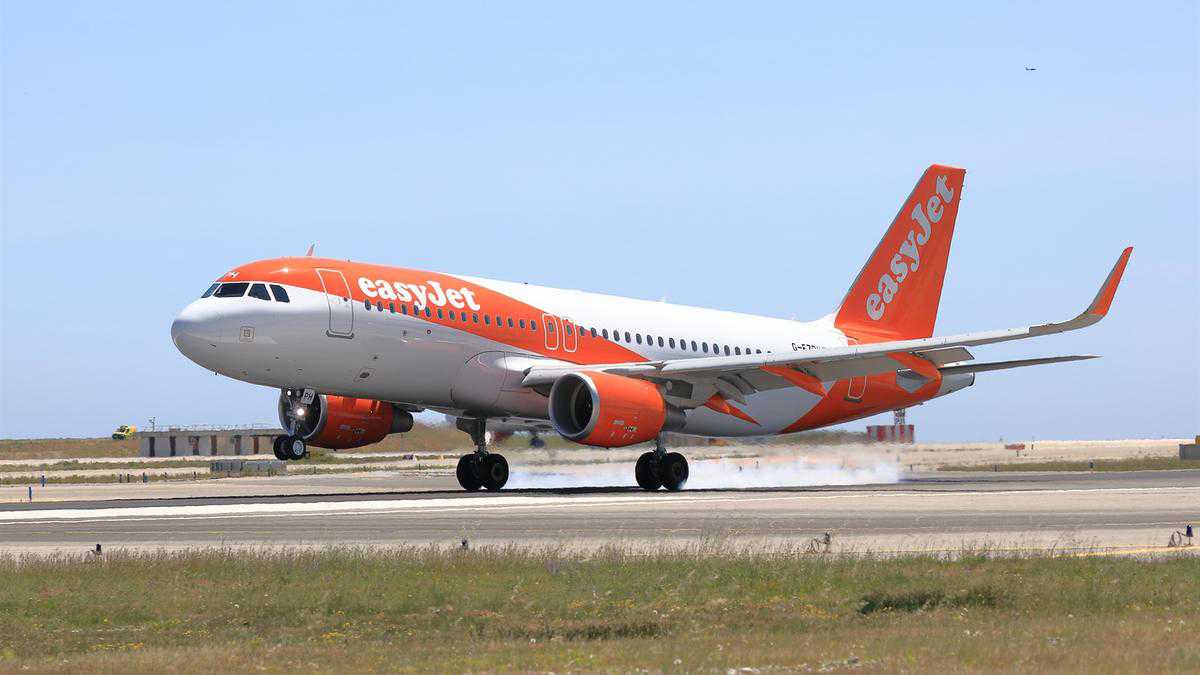EasyJet is world's first carbon-free airline: what does that really mean?

Image collected
EasyJet said it will offset emissions from all its flights to become the first major carbon-free airline.
The company will compensate for its fuel emissions by investing in programmes that increase tree plantation or set up wind or solar power projects. It will mainly fund schemes that meet the Gold Standard or Verified Carbon Standard accreditation .
EasyJet believes carbon offsetting is an interim solution and has also signed a deal with plane maker Airbus to research hybrid and electric aircraft.
What is carbon offsetting?
Carbon offsetting is a method of buying financial credits equivalent to a company/person's carbon footprint, which can then be used to fund environmentally friendly projects.
It is worth noting that the most effective way of lowering aviation-related carbon emissions is to fly less. However, carbon offsetting allows passengers or companies to buy carbon credits equivalent to emissions from a flight.
EasyJet said on its website: "This means making sure that for every tonne of CO2 emitted by our planes, there is one tonne less in the atmosphere. We can do this by investing in projects which physically remove CO2 from the air such as planting more trees or protecting against deforestation."
EasyJet's announcement comes after several other airlines including British Airways, Air Canada and Air New Zealand announced optional carbon-offsetting plans for passengers.
Airlines are embracing carbon offsetting to combat the rising global emissions produced by the aviation industry.
According to the International Renewable Energy Agency in Abu Dhabi, if the aviation sector was a country, it would be the eighth largest emitter of greenhouse gases in the world.
Travellers willing to pay more for offsets
A recent study from the University of British Columbia found it is not only airlines that are conscious of their carbon footprint, but many travellers are also willing to pay a fee to neutralise personal flight emissions.
The study, conducted in partnership with the US Environmental Defense Fund, surveyed nearly 2,000 travellers about paying a $14 (Dh51) carbon tax on flights. The majority of respondents were in favour of the tax, especially when the funds would go directly to carbon reduction programmes.
Does carbon offsetting work?
Carbon offsetting does nothing to reduce the hundreds of millions of tonnes of emissions that aircraft emit every year.
Instead, it funds projects that help to mitigate some of the damage. This can be done through research programmes that aim to discover alternative methods of travel or more environmentally-friendly fuels for aircraft.
EasyJet said the airline will continue to work to reinvent and decarbonise aviation over the long term.
“We acknowledge that offsetting is only an interim measure until other technologies become available to radically reduce the carbon emissions of flying, but we want to take action on carbon now,” said Johan Lundgren, EasyJet chief executive.
Source: https://www.thenational.ae
Previous Story
- Travel Advisor Group Supports Resort Fee Transparency
- United Airlines flight forced to divert after passenger...
- The Very Best Airlines for Holiday Travel
- British Airways pilots to strike in September: what...
- Get free Etihad airline miles every time you...
- 4 little-known travel tips that can save you...
- AVMA, airlines working to improve the process for...
- Major Airline CEO Understands Your Travel Anxiety: Travel...